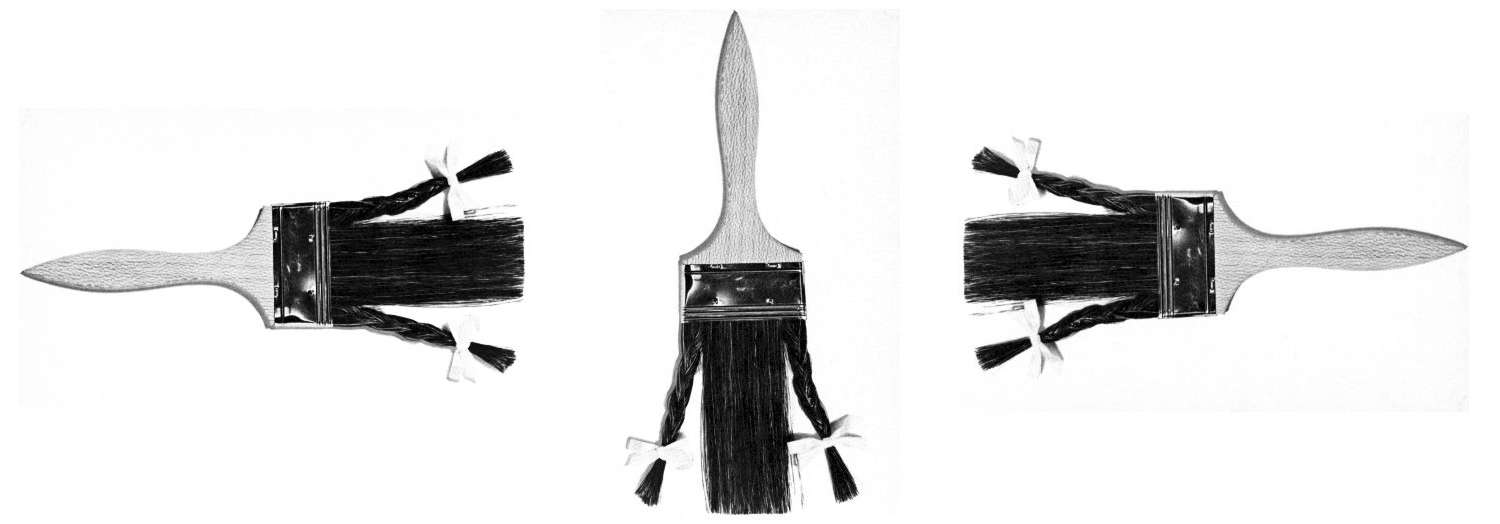What should or could (scholarly) knowledge look like in the 21st century?
A knowledge design seminar
This seminar explores the shapes and forms that knowledge production is assuming in an array of disciplines, from media studies to digital humanities to various domains of design practice to the natural sciences. Each week will be devoted to a separate domain of experimental practice with distinguished guests from both inside and outside of Harvard joining the seminar to talk about their own processes of research, design, knowledge creation, presentation, and publication. The aims of the course are: a) to expose participating students to these emerging practices and to leading practitioners, b) to offer an opportunity for sustained critical reflection regarding the strengths and weaknesses of both novel and traditional models, c) to provide hands-on experience with some of the techniques and practices that are involved, and d) to serve as a catalyst for innovative thinking regarding participants future or ongoing work. The course is built around the redesign of a classic or authoritative work from the student’s own field of specialization.- Type
- Seminar
- Location
- 42 Kirkland Street, room 1G

The phrase “Knowledge Design” in the course subtitle strives to capture the spirit that animates much advanced and experimental work in a wide array of contemporary disciplines, from the arts and humanities to the social sciences: the circumstance that the form that scholarship assumes is no longer considered a given. The tools of inquiry are becoming as much objects of research and experimentation as are the modes of dissemination. Statistical methods press against one edge of the qualitative human sciences; graphic, information, and experience design press up against another. Laboratories are arising with a team-based ethos, embracing a triangulation of arts practice, critique, and outreach, merging research, pedagogy, publication, and practice. The once firm boundary line between libraries, museums, archives, and the classroom grow porous as scholarship, deprived of its once secure print-based home, moves back and forth between the stacks and the streets. Dissertations produced and “written” across media are proliferating. Even the medium of print, once the stable foundation upon which the system of scholarly communication was built, is undergoing a transformation as hybrid forms and multichannel publishing models proliferate.
This course will explore the shapes and forms that experimental scholarship is assuming in an array of arts and humanities disciplines, from media studies to digital humanities to cultural analytics. Each week will be devoted to a separate domain of emerging practice with distinguished guests from both inside and outside of Harvard joining the seminar to talk about their own processes of knowledge production and design.
The aims of the course are: a) to expose participating students to these emerging practices and to leading practitioners, b) to offer an opportunity for sustained critical reflection regarding the strengths and weaknesses of both experimental and traditional models, c) to provide hands-on experience with some of the techniques and practices that are involved, and d) to serve as a catalyst for innovative thinking regarding participants’ future or ongoing work.